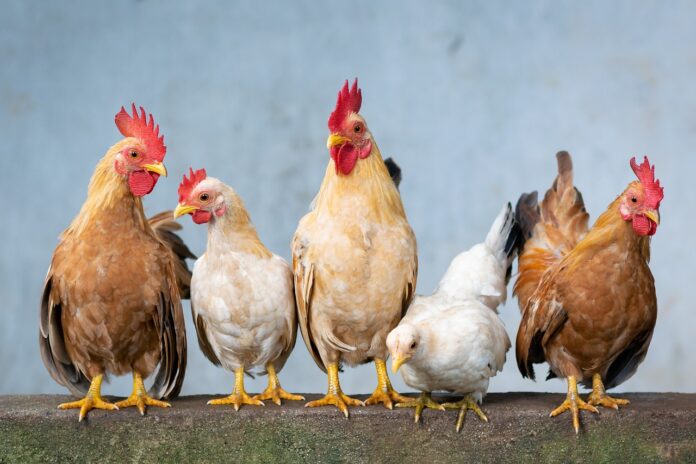After COVID the world might not be ready to deal with any more unfortunate health news. But like it or not, we have more coming. Researchers are now showing that the avian flu can spread to mammals and people.
The H5N1 virus, also known as the bird flu or avian flu, has been shown to be deadly to birds, mammals, and people. It was linked to a seal die-off in Maine last summer and an outbreak on a mink farm in Spain in January. There have also been positive tests among wild bears, foxes, skunks, and sea lions off the coast of Peru who prey on wild birds.
The outbreak has been catastrophic for bird populations.
What’s more, a handful of human cases have been reported. This includes eight cases in China, one of which resulted in death. There have also been four human cases in the United States, including two workers linked to the Spanish mink farm.
However, these human cases did not produce any respiratory symptoms. This opens the possibility that people who have tested positive may not have been truly infected. They may have simply picked up viral contamination while handling infected birds.
There is also no evidence that the virus can spread among people. Scientists don’t fully understand how the virus might need to change for human transmission to occur. Other knowledge gaps include those concerning which types of avian influenza can spread to people.
As of now, it’s encouraging that the virus has infected so few people amid such a large outbreak among birds and other animals. However, experts around the globe are keeping an eye out to determine if the virus will be spreading more easily among people.
There’s other good news as flu drugs and vaccines that treat the virus have already developed. This compares to COVID which occurred when the world was not prepared. Scientists note that, when it comes to the bird flu, we are ahead of the game.


